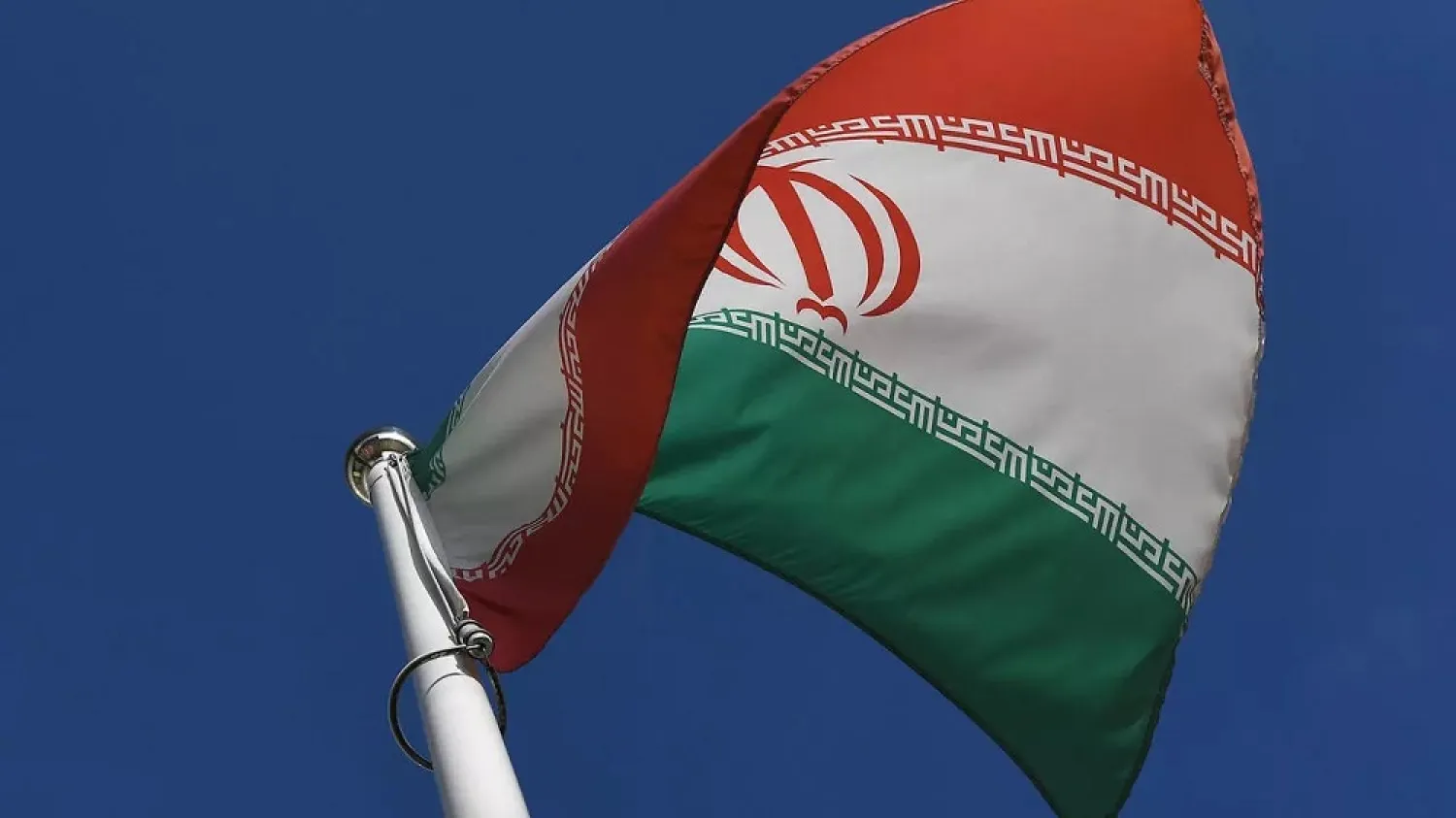An explosion caused by a gas leak at a pipeline pumping station killed three workers and injured four in southwestern Iran on Tuesday, Iranian state media reported.
"The accident took place...today, Tuesday, due to an explosion caused by a gas leak at the pipeline (pumping) station," Adnan Ghazi, governor of the nearby town of Shush, told state news agency IRNA.
Ghazi said three technicians were killed and four other people who were resting in a nearby room were seriously injured, IRNA reported.
The blast occurred along a pipeline connecting the Cheshmeh Khosh oilfield to the city of Ahvaz, state broadcaster IRIB said.
Oil Minister Bijan Zanganeh called for the state oil company NIOC to take the necessary steps to help workers and their families in the area and to send health, safety, and environment (HSE) teams to investigate the cause of the blast, the oil ministry's news website SHANA reported.









